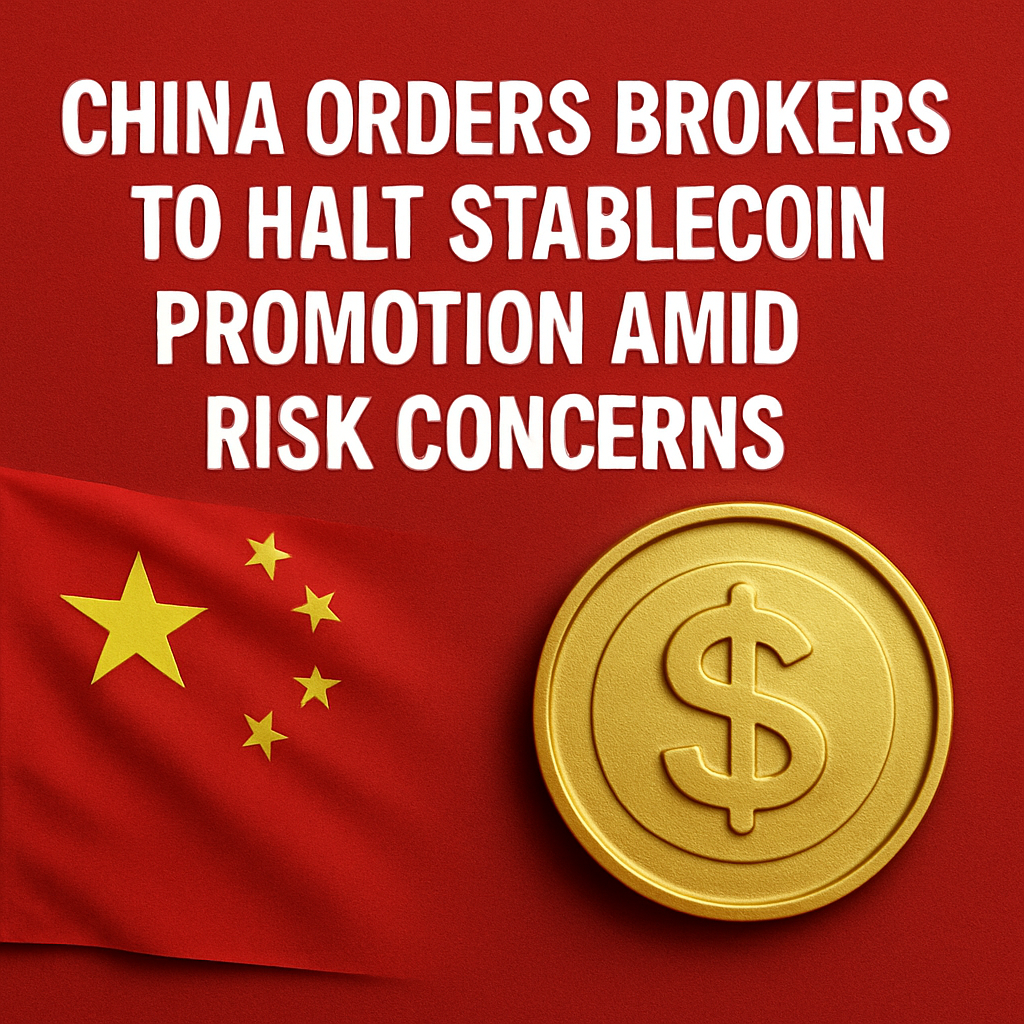Chinese financial regulators have issued direct instructions to several leading brokerage firms and research bodies to immediately cease all promotional and educational activities related to stablecoins. The move reflects mounting concerns that rapid, unchecked growth of fiat-pegged digital assets could facilitate fraudulent schemes and undermine financial stability within mainland markets.
According to internal guidance distributed in late July and early August, local authorities urged brokerages to cancel planned seminars, workshops, and research reports advocating the benefits of stablecoins. These directives came despite a parallel push by Hong Kong regulators to license stablecoin issuers and develop a vibrant digital asset ecosystem in the special administrative region.
Sources familiar with the matter indicate that regulators are particularly wary of stablecoin use in illicit fundraising and cross-border transfers that fall outside formal banking channels. While over-the-counter crypto trading remains active in mainland China—with estimated volumes reaching $75 billion in the first nine months of 2024—authorities are intent on preventing unchecked on-ramps to broader digital asset exposure.
Beijing’s caution stands in contrast to Hong Kong’s recent enactment of stablecoin legislation, which took effect on August 1 and established a licensing regime for issuers. Mainland regulators, including the China Securities Regulatory Commission and the People’s Bank of China, have not publicly commented on the broker guidance, but industry analysts note that China’s broader digital asset strategy remains focused on state-backed digital currencies and tightly controlled pilot programs.
Analysts warn that inconsistent policy signals between mainland China and Hong Kong could create arbitrage opportunities and regulatory fragmentation. Firms operating cross-border trading desks now face increased compliance scrutiny and potential enforcement actions should they disregard the mainland directives.
Global stablecoin supply has surged in recent years, with total outstanding market capitalization projected to surpass $3.7 trillion by 2030. While stablecoins offer benefits such as low-cost, near-instant settlements and programmable payment features, regulators worldwide are grappling with appropriate oversight frameworks to balance innovation with consumer protection.
Industry stakeholders note that China’s move underscores the importance of coordinated policy approaches. “Regulators want to avoid a rush into high-risk assets without adequate risk understanding,” said a senior compliance officer at a major domestic brokerage. “Today’s guidance serves as a clear reminder that stablecoins, despite their benefits, require robust governance and transparency to prevent abuse.”

Comments (0)